In the Honours module 'Out of the ivory tower!' students learn to communicate about their field of study
4 April 2022

Lecturers Addie de Moor and Eef Grob both have a background in journalism and are experts at translating complex scientific material into understandable language. They complement each other well: while De Moor has experience in writing accessible texts and provides training in written science journalism for journalists, at ministries and large organisations, Grob has specialised in other forms of science communication, such as audio, image and video, and presenting and moderating scientific meetings with an audience. In this Honours module, they immerse the students for twelve weeks in the world of science communication and journalism. The central question is: what role can you play as a scientist in the societal dialogue?
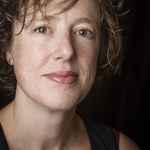
It is so important for all budding scientists to learn to communicate in 'normal' language so that other people can understand. It surprises me that this is not yet a priority in all university degree programmes. There is still much ground to be covered in this area.Eef Grob, lecturer 'Uit de ivoren toren!'
Joachim Mathot, who is studying Medicine at the VU, shares his motivation to take part in the course: "In my degree programme, we learn to read or write scientific articles but not how to make those - often difficult - scientific subjects interesting and understandable for a larger audience. And yet it is so important to tailor your narrative to the audience you want to reach. As a future doctor, of course this is very useful: you will have to keep each patient in mind to see how you can best convey your message."
Matthias van der Vlist, a second-year UvA student, adds, "In my Bachelor's in Psychobiology, we are trained to become a researcher. As a research scientist, you do not immediately bring about much change in everyday life, because the knowledge you transfer mainly stays within the community of fellow researchers. I think you have a powerful weapon at your disposal to really make a difference with science if you are good at communicating scientific knowledge to every corner of society. In 'Uit de ivoren toren!' I learned to explain science in a understandable way, to all kinds of audiences and encourage them about a specific issue."
Learning by doing
In 'Uit de ivoren toren!', students do not analyse how communication can often go wrong but learn by doing. They learn to communicate science using various techniques by creating their own work. Under De Moor's guidance, students learn to popularise complicated information in six weeks by writing opinion pieces, blogs and background stories and by interviewing a scientist.
De Moor says: "Sending students out on their own is still too uncommon at university. I wanted to get them out of their comfort zone by having them come up with an idea for a story, pitch it to the group as to why it is relevant and for which medium, and then produce that story in real life. Call an interesting scientist, visit a location. Ask questions, and let yourself be surprised. And turn that into a story that people can and want to read."
Although most students initially found it exciting to contact a scientist for an interview, the result was surprisingly positive.
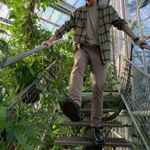
I spoke to a music therapist for an assignment and was surprised at how easily you can get in touch with people in a short period of time. All of a sudden, I was able to talk to an expert whom I had never expected to be able to talk to.Matthias van der Vlist, student
Experimenting with different forms
Grob then introduces the students to other forms of science communication, such as social media, podcasts, videos and interaction possibilities on the Internet. Various guest speakers come along to share practical knowledge. TV editor-in-chief and science communication expert Marcia van Woensel provides the students a short media training to learn how to present themselves as experts and pitch a research story to the media. Because as a scientist, how can you 'sell' your story to 'the media'? And what about the timing of your story?
With Eric de Kruijk, who has worked on Het Klokhuis and De Wereld Draait Door, among others, the students discuss analogies and how you can visualise data. Journalist Saar Slegers of the podcast series De man en de maan discloses how she creates stories. Grob shares: "Not many students were familiar with podcast as a news medium. Here it is important to think about audience engagement, and to be able to convey science as a good and exciting story."
Students are free to choose their own contemporary topics for the assignments, related to their field of study. Medical student Joachim, for example, created an illustrated story about the corona virus using 'simple' language so that the information can also be understood by people with lower literacy levels:
And Babette Turkenburg, a Political Science student at the UvA, made a meme on using multiple voting tools:
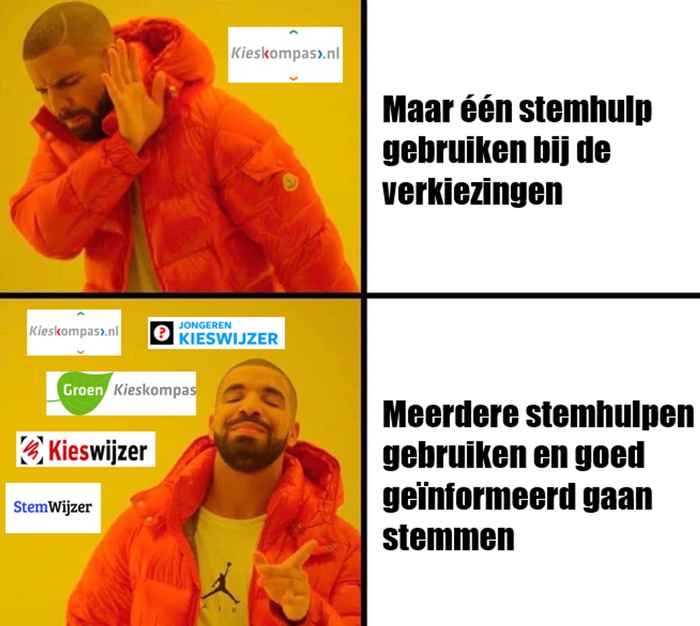
With one image, she conveyed the importance of multiple sources of information in determining which political party gets your vote during the elections.
The possibilities of interaction at events, such as citizen science where you do research with the public, and dialogue are also discussed. Grob explains: "We discuss how you, as a scientist, can enter into dialogue with a lay audience, to relate to the rest of society. That is why we practice with dialogue. What is an important topic in your field that you would like to discuss in an ethical conversation with society? What do you want to achieve and what us your target audience? Writing a dialogue plan helps to learn to think about what you want to say, to whom, and in what form."
Learning from and with each other
The lecturers themselves have also learned a lot from the students and about their fields of expertise.
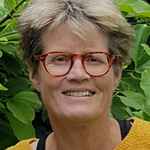
I enjoyed witnessing the interaction between students from different fields and seeing how students made such progress. In their degree programmes, they do not learn to build these bridges.Addie de Moor, lecturer 'Uit de ivoren toren!'
After each assignment, the students give peer feedback in alternating groups, receive feedback from the teachers and engage in discussion with each other. Because of the interactive setup of the course, students not only learn to take a critical look at the work of others, but they also learn to take a fresh look at their own. De Moor: "Most students participating in an Honours programme are used to delivering a good version of their work in one go. Yet, now they learned a lot while making a second version."
Matthias: "What I particularly liked about this course was working with students from many different degree programmes. It gave me new insights into how, as a scientist, you can make your science interesting and understandable for social science students as well."
Joachim is also eager about the interdisciplinary group of students:

Because the other participants in the Honours module all have different disciplinary backgrounds, it was very interesting to read their papers and give feedback, and receive feedback from them on my work. That definitely contributed a lot! The extensive personal feedback from the lecturers was also very valuable.Joachim Mathot, student
Babette agrees:
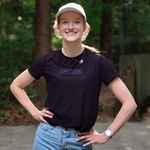
I also found it very valuable and surprising that we received really good feedback on our work. This really allows you to improve during the course, something that is sometimes lacking in other courses.Babette Turkenburg, student
Creative freedom
In addition, the students enjoyed the fact that they could use their creativity. Grob says: "With the assignments, students could choose the topics themselves, so they could guide their own interests. For the final assignment, they were allowed to choose the form they would 'cast' it in. I did not want to impose a specific form, but let the students choose the best medium."
The results are impressive. Mathematics student Anne van Grinsven explained probability using a cartoon about the vaccination coverage of the corona vaccine and made an illustrated story about the deformed world map:
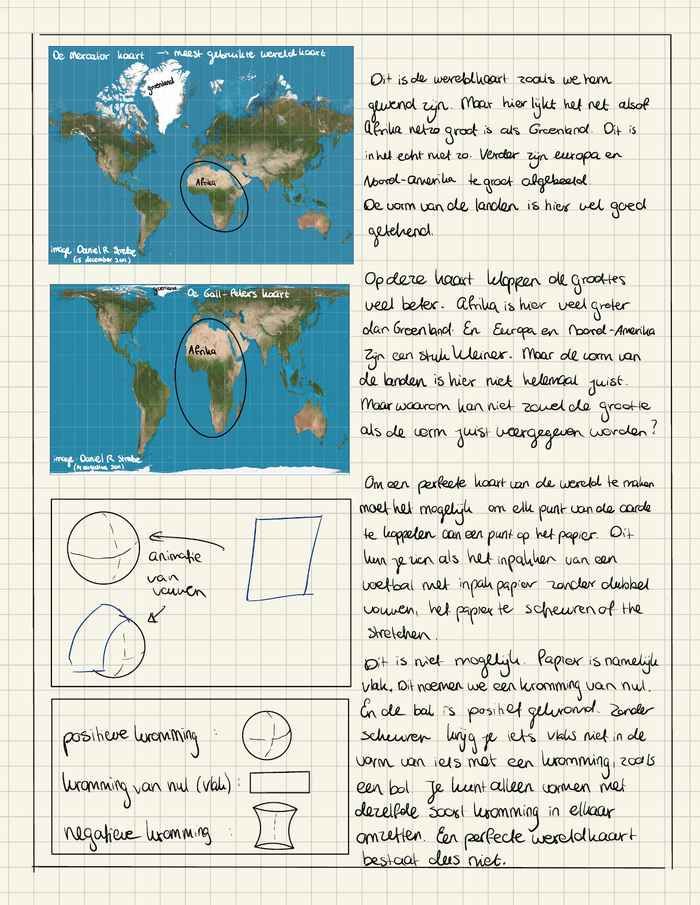
Law student Ellis Vrijbloed made an illustrated story on minors in the juvenile justice system:
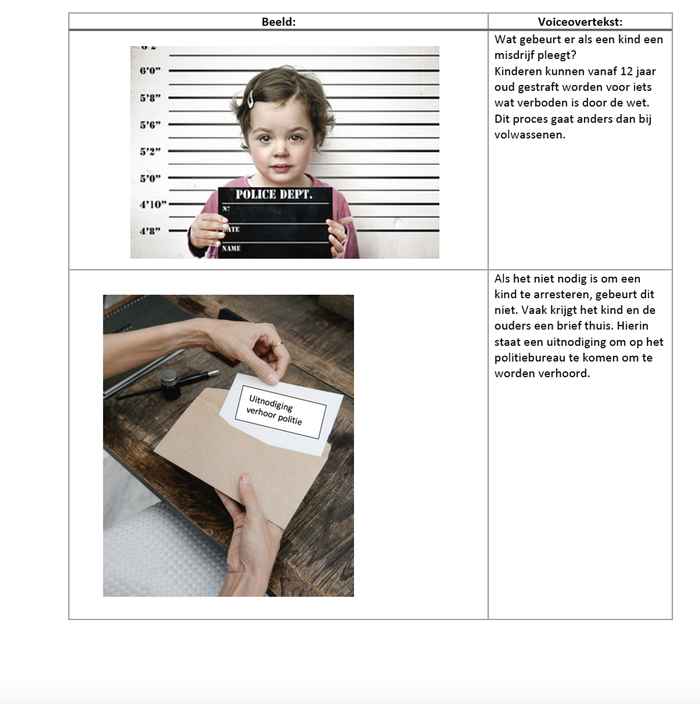
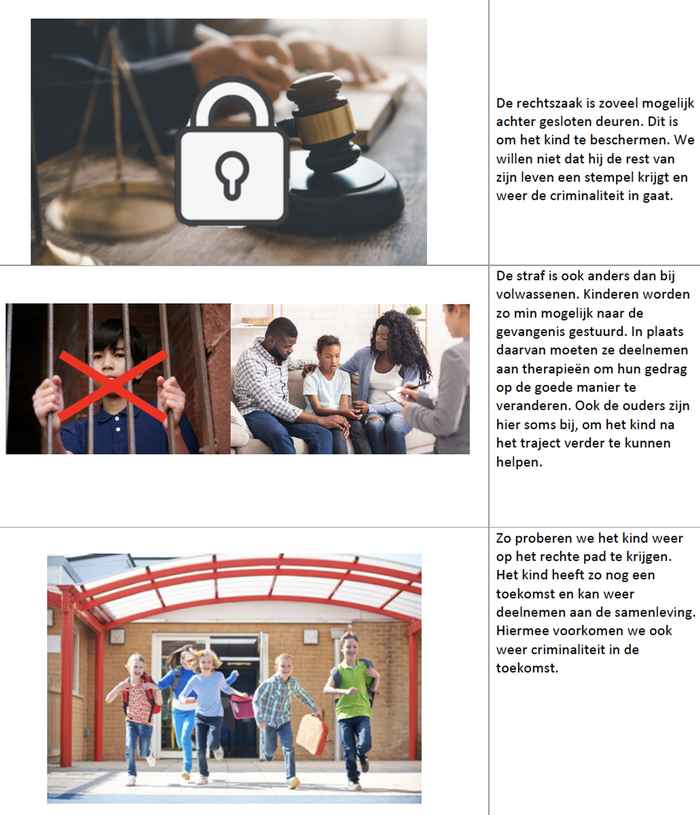
And political science student Merve Özdemir made a short video for a childrens television programme in which she talks about the gender gap in scientists. Using the example of the world-famous Albert Einstein and his relatively unknown wife Maria Maríc, with whom he worked on his most important inventions, and the alarmingly low number of women who have won a Nobel Prize in the past hundred years, Merve explains in the video how important it is to pay more attention to women in science so that girls have examples with which they can identify. In this way, she wants to encourage girls who are interested in science to pursue a career in science."
Beyond the university walls
The students are assessed on their portfolio, their accumulated work of the past 12 weeks, and a written self-reflection in which they reflect on where they stand in the field of science journalism and science communication.
Grob explains: "We especially want students to think about their niche. What is related to your field of expertise that is interesting to the general public? What do you want to accomplish with sharing this information? Students are put to work to find out for themselves."

By taking this module, students also see other possibilities in the labour market, as it broadens their professional perspectives: they can become not only a scientist but also a journalist - while maintaining their professions. The module, therefore, gives a different meaning to their degree programmes, as they learn to look beyond the walls of the university.Addie de Moor, lecturer 'Uit de ivoren toren!'
Babette summarises her experiences: "In 'Uit de ivoren toren!' I learned to write better and more engaging texts. What works in science journalism and communication, and what doesn't? How do you attract the reader's attention in a text? At first, I thought that political science did not really fit in with science journalism and science communication. Now I am aware that this is not true and that there is also a demand for issues in political science, which is also positive for my future career as a political scientist. The advice to 'keep writing' inspired me to start a blog about my experiences during my exchange in Sweden. I'm not sure I would have taken that step without it."
Merve was also excited: "I was able to interview interesting people, which taught me a lot and was also a lot of fun to do! Thanks to this module and the constructive feedback from the lecturers, I have the tools to start my internship at De Groene Amsterdammer in September and hopefully advance a career in journalism."
More information
Addie de Moor was a lecturer in Journalism Writing at the Media Studies programme at the UvA for the past seven years and is now a lecturer at the Master's programme in Science Journalism at the Science Communication and Society at Leiden University. Eef Grob is a freelance professional with years of experience in media and a specialist in organising and conducting dialogues, especially on complex medical-ethical subjects.
More information on the Honours module 'Uit de ivoren toren! Wetenschapsjournalistiek en wetenschapscommunicatie', which they developed together with the educational developers of the Institute for Interdisciplinary Studies (IIS), can be found at the website of the IIS. In the first semester of academic year 2022-2023, second- and third-year students of the UvA, AUC and VU who participate in an Honours programme can attend the course.